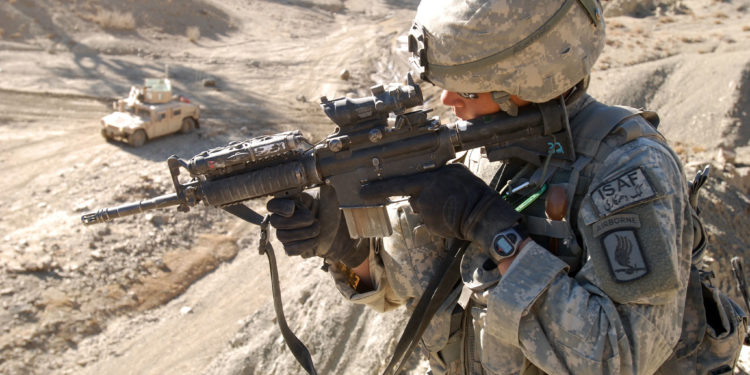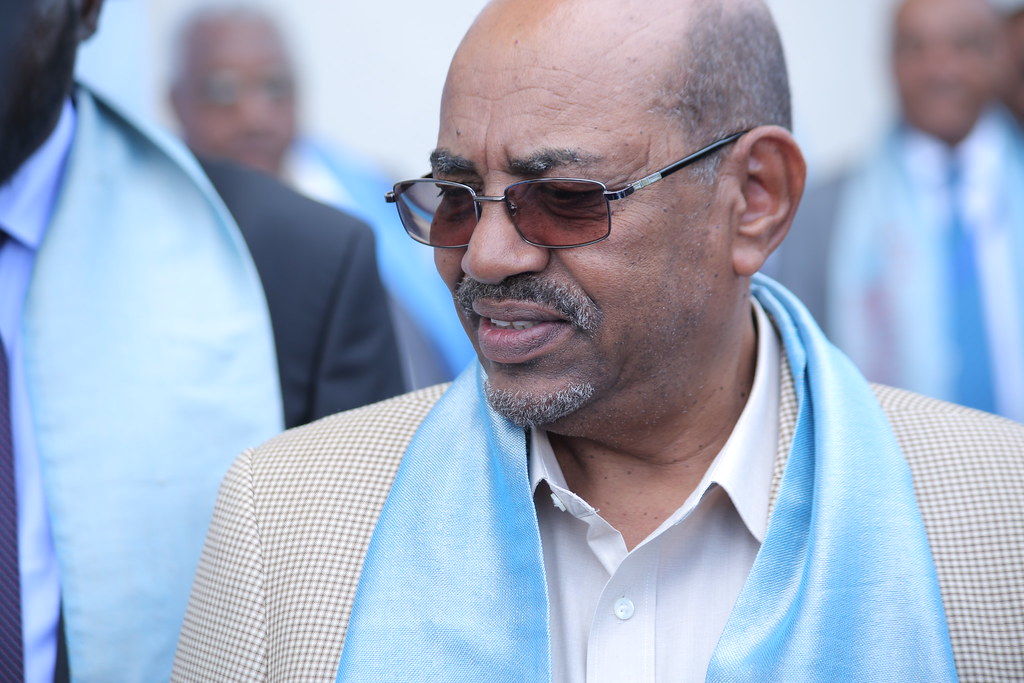The International Criminal Court has authorised an investigation into alleged war crimes and crimes against humanity committed in Afghanistan, overturning an earlier decision.
The ICC investigation will look at actions by US, Afghan and Taliban troops a move likely to anger American President Donald Trump’s administration which has shown hostility towards any move to investigate actions by US troops.
Last year the court rejected a request by the prosecutor into an inquiry because it did not expect cooperation to be forthcoming from the victims of the inquest.
America revoked the visa of ICC court’s chief prosecutor, Fatou Bensouda, after American Secretary of State Mike Pompeo threatened to deny visas to ICC staff seeking to investigate the nation for war crimes.
Responding to the ICC’s decision to open an investigation into international crimes in Afghanistan, Fergal Gaynor and Nada Kiswanson (counsel for 82 Afghan victims in the proceedings before the Appeals Chamber) said:
Today, 5 March 2020, the Appeals Chamber of the International Criminal Court ordered the the opening of an investigation on Afghanistan.
Today’s decision constitutes a robust defence of the rule of law, in the face of formidable political pressure. Across a range of issues, the judges of the Appeals Chamber unanimously agreed with the arguments presented on behalf of the victims and the Prosecutor. These include the ‘interests of justice’ test in the Rome Statute, the territorial scope of the war crime of torture, and the scope of the investigation by the Prosecutor.
Hundreds of thousands of Afghan women, children and men have suffered horrific abuses as a result of atrocities by the Taleban, ISIS, Afghan government forces, and other forces active in Afghanistan. The survivors’ search for justice has been long and largely fruitless. Those most responsible for atrocities have never been held accountable. The legacy of Afghanistan’s long history of impunity has been continued atrocity. The victims who made representations to the ICC overwhelmingly supported the opening of an investigation. Today, they and all other survivors of atrocities in Afghanistan finally have a taste of justice.
The victims have a right to an investigation that is rigorous, prompt, thorough and scrupulously impartial. It is imperative that the Prosecutor immediately takes all steps to preserve relevant evidence, and to secure the full cooperation of all States Parties who might have relevant evidence. All 123 states that are parties to the Rome Statute are required by the Rome Statute to co-operate fully with the investigation.
Today marks the first day of an investigation which will be long and inevitably fraught with logistical and political challenges. It is imperative that all states that are parties to the Rome Statute provide to the Office of the Prosecutor their full support.
Background
The present decision concerns the appeal of the Prosecutor against the 12 April Decision of Pre-Trial Chamber II. Between 4-6 December 2019, a hearing was held before the ICC Appeals Chamber, which heard oral arguments related to this appeal.
On 20 November 2017, the ICC Prosecutor requested authorisation from the Pre-Trial Chamber (PTC) to open an investigation into alleged war crimes and crimes against humanity committed in relation to the armed conflict in Afghanistan. Her request pertains to crimes committed on the territory of Afghanistan since 1 May 2003 by all sides in the conflict, including the Taliban and its affiliates, the Afghan government forces and international forces, including US military forces.
On 12 April 2019, the PTC unanimously rejected the Prosecutor’s request, providing that an ICC investigation would not serve the interests of justice. The PTC presumptuously insisted the investigation would not receive cooperation if it were opened, including from Afghanistan, and speciously stressed the need for the Court to prioritise its resources towards investigations that have a better chance of succeeding, among other reasons.







